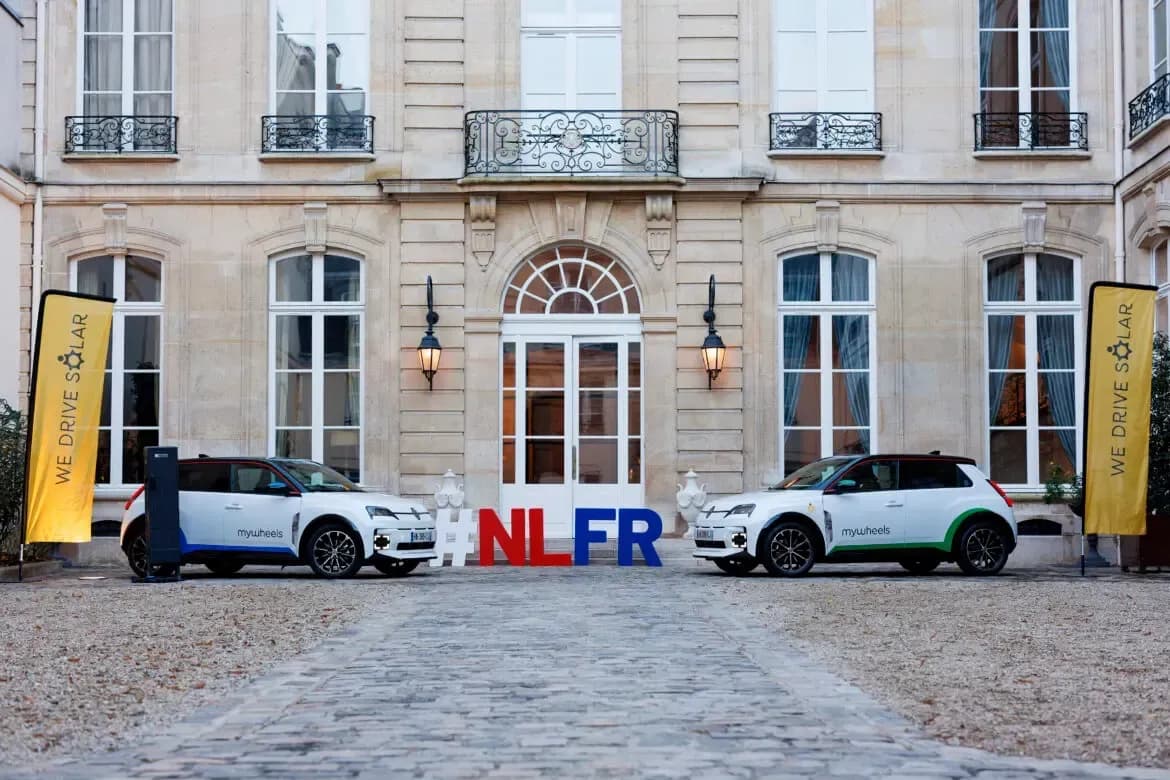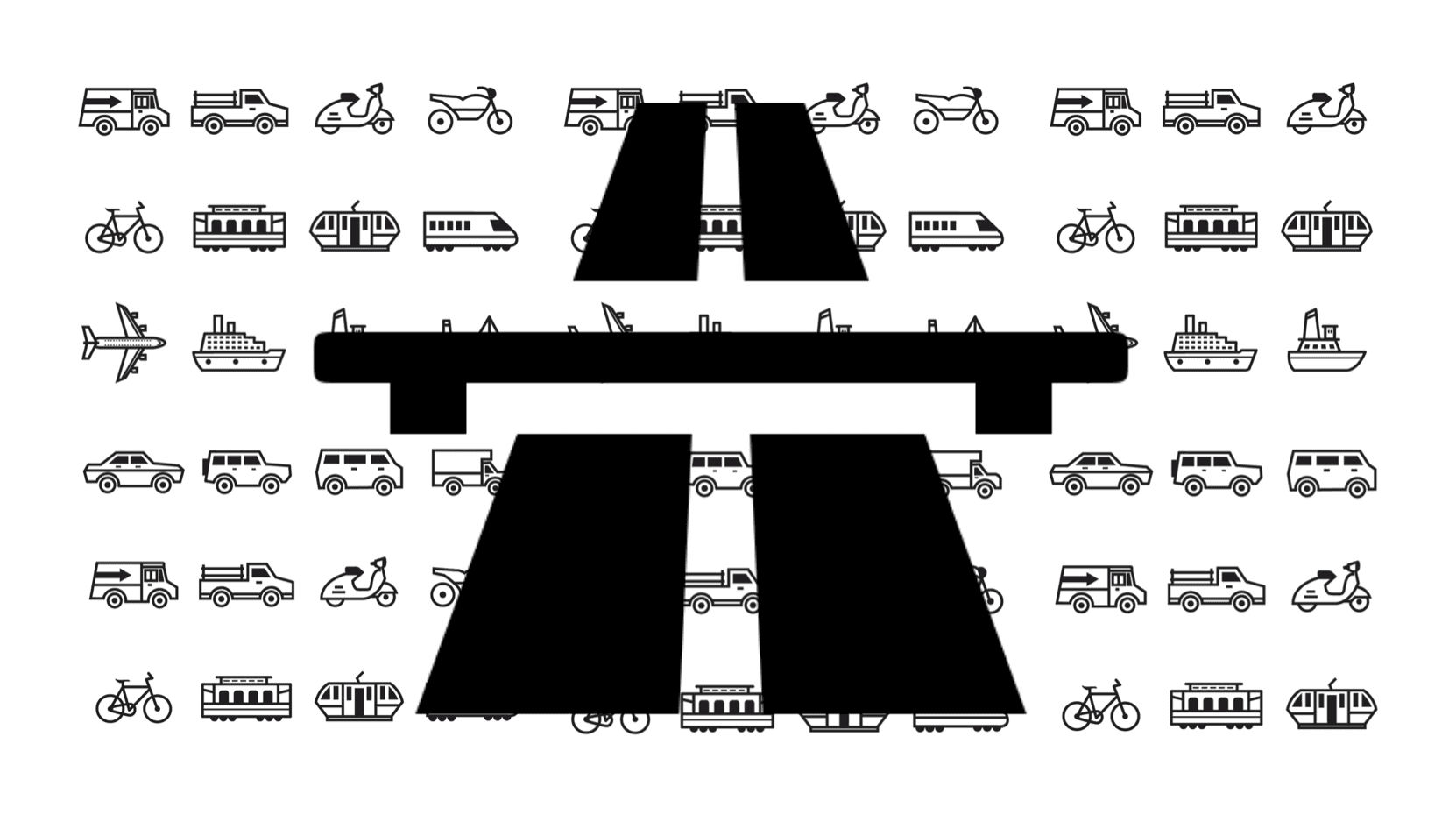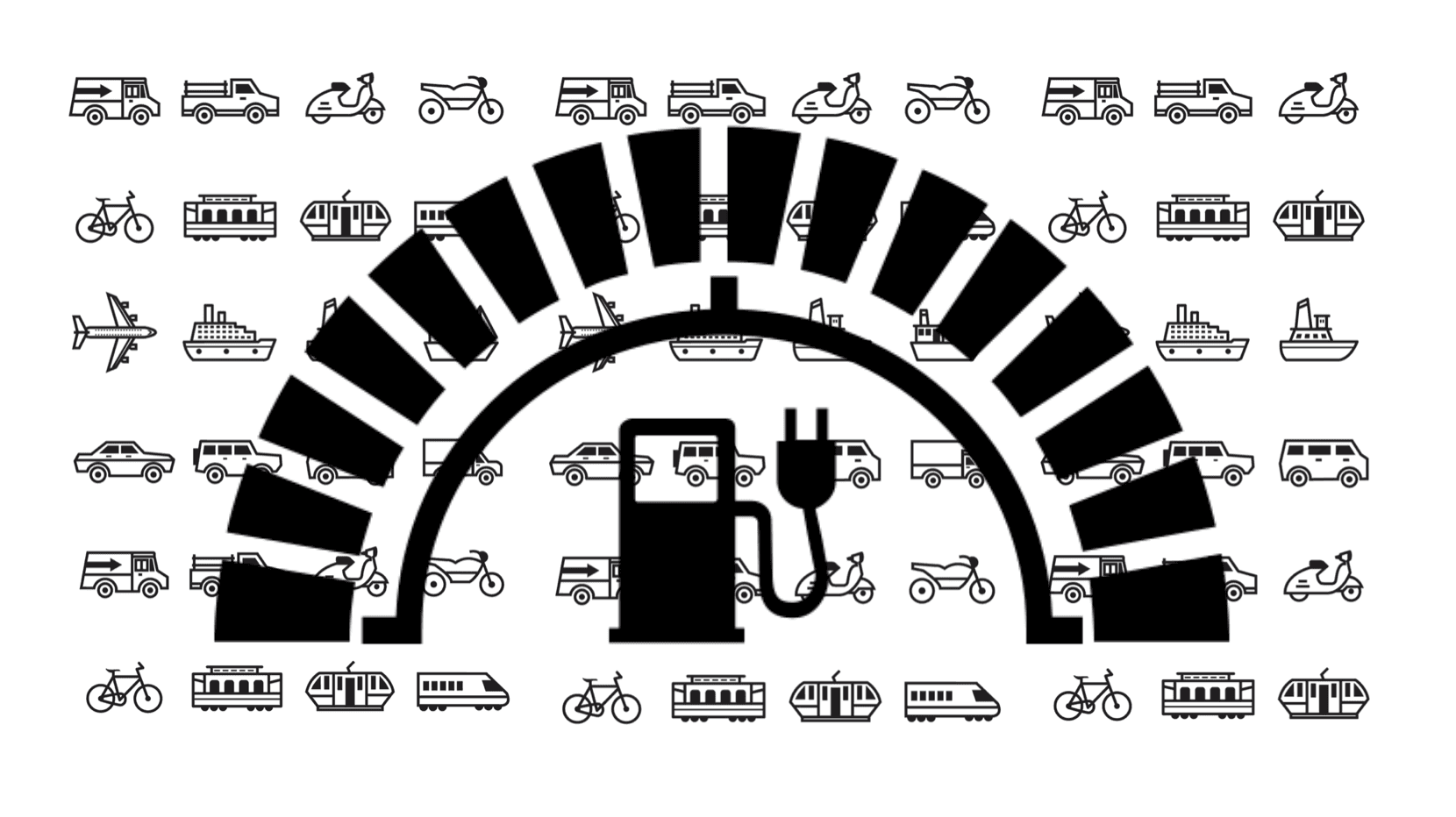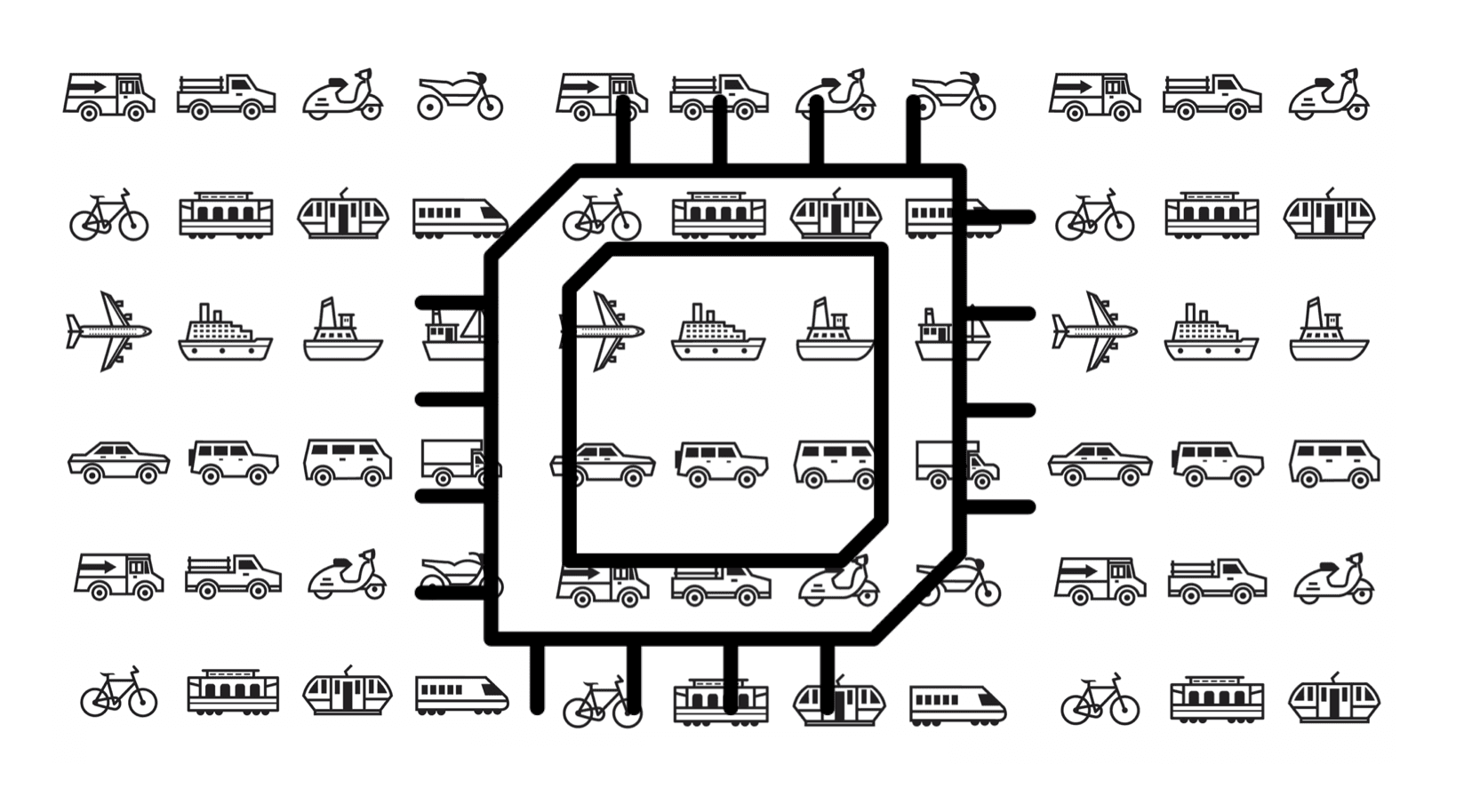
Maarten Steinbuch: “Stationary cars can serve as relatively inexpensive home batteries that reduce the load on the electricity grid.”

Maarten Steinbuch is a high-tech systems scientist, entrepreneur and communicator. He holds the chair of Systems & Control at Eindhoven University of Technology, where he is Distinguished University Professor. His research spans from automotive engineering to mechatronics, motion control, and fusion plasma control.

Maarten Steinbuch: “Stationary cars can serve as relatively inexpensive home batteries that reduce the load on the electricity grid.”

What feels awkward now will soon be taken for granted—just like solar energy and mobile internet, writes Maarten Steinbuch.

Lots of new initiatives around self-driving cars are taking place, among which an intermediate form where the car can be controlled remotely

Car manufacturers will rather invest their millions in the technology of the future than in the technology of the past.

Using hydrogen for non-necessary applications leads to higher CO2 emissions in other applications and that is bad for the environment.

Charging with at least 1 MW and thus continuing your journey in 45 minutes, will soon become a cost-neutral operation in truck transport

The urgency of the climate problem demands us to work more from home, and also to apply maximum speed limits everywhere in Europe.

Ten years after his first experience with an electric car, Maarten Steinbuch has now flown electric for the first time.

New urban air mobility is not about kilometers high in the sky, but about the first few hundred meters above us.

The 250 kW charger shows that electric driving is entering the next phase. Throughout Europe, fast-chargers are now being installed.

Our society is being digitized at a rapid pace. The question is to what extent technology will not only support but also determine our lives

We are in a special phase of the development of computing power. Now that the auto market is picking up, chip makers need to increase again.